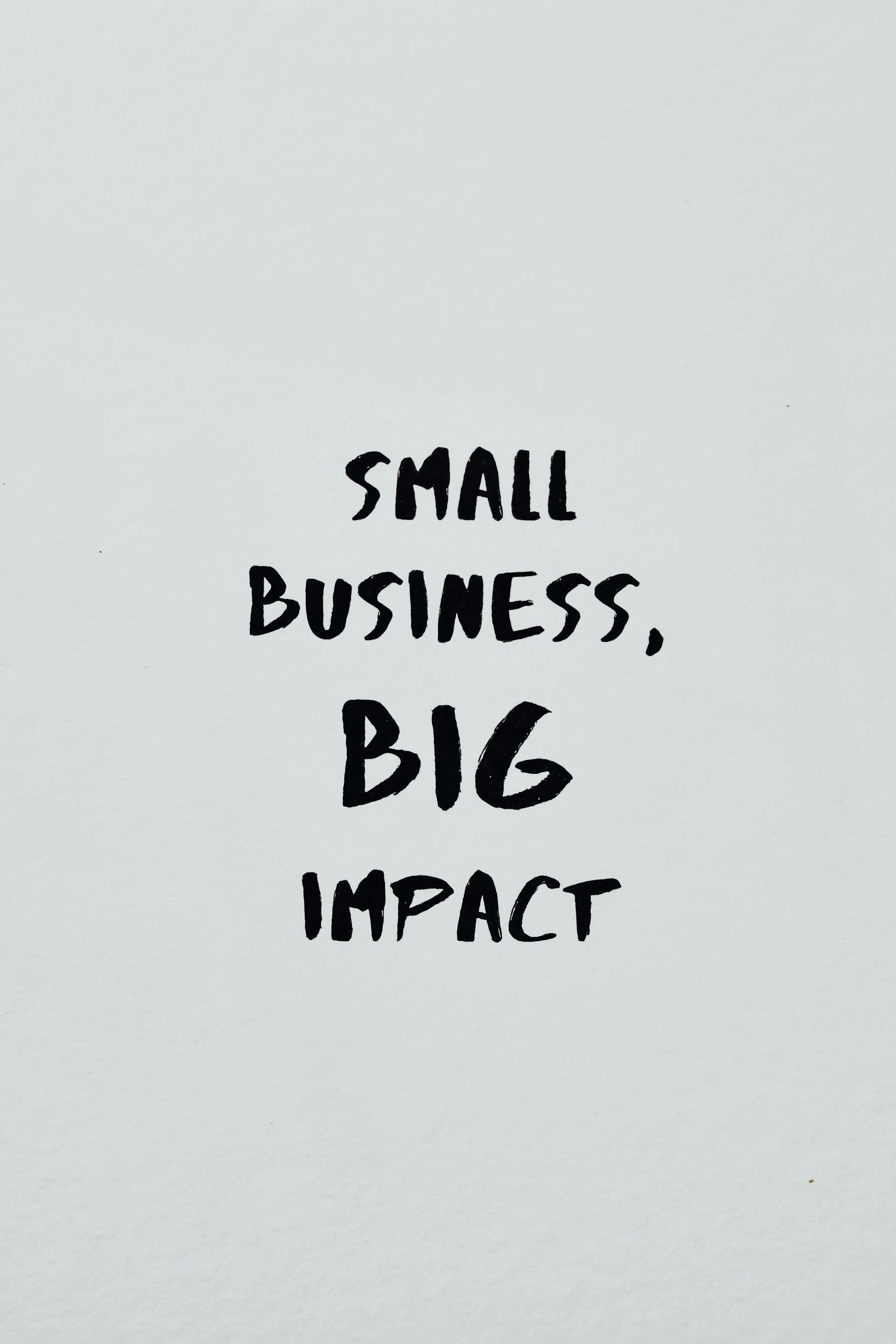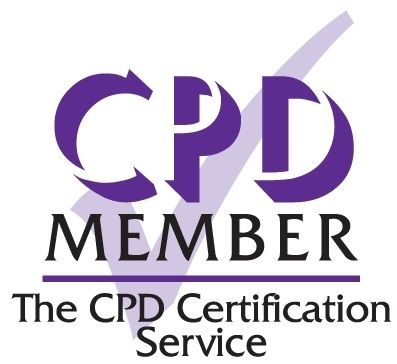The Growing Crisis: 10-Year Waiting Lists for Neurodivergent Diagnoses in Scotland
Jane Stratton
What Does a Decade-Long Wait Mean?

The Growing Crisis: 10-Year Waiting Lists for Neurodivergent Diagnoses in Scotland
In many areas of Scotland, the current state of neurodivergent diagnostic services has reached breaking point. With waiting lists now stretching up to 10+ years, individuals seeking clarity and support are left in prolonged limbo. This alarming reality has far-reaching consequences for individuals, their families, and society as a whole.
What Does a Decade-Long Wait Mean?
A 10-year waiting list for a neurodivergent diagnosis means that countless children, teenagers, and adults are left without the support they desperately need. For children, these delays can catastrophically disrupt or even halt their education, hinder social development, and damage mental health. What’s more, the wait may see them enter adulthood without the diagnosis they need, allowing them to enter the adult system, only to start the process once again. For adults, especially those seeking a diagnosis later in life, the wait can perpetuate feelings of frustration, self-doubt, and isolation.
The impact is profound:
- Mental Health Struggles: Without a diagnosis, many individuals are left unsupported, which can exacerbate anxiety, depression, and other serious mental health challenges.
- Strained Relationships: Families often struggle to understand and support their loved ones without the clarity that a diagnosis can provide, often resulting in relationships breaking down.
- Missed Opportunities: Without tailored support, individuals may miss out on educational and career opportunities that align with their strengths. Many already end up out of work, preventing individuals reaching their potential and also society missing out on their unique abilities.
The Ripple Effect on Families
Families are often left bearing the emotional, financial, and logistical burden of navigating life without a formal diagnosis. Parents might feel helpless as they advocate for their child in educational settings, only to face barriers without the validation of a diagnosis. Similarly, partners of undiagnosed adults might struggle to understand certain behaviours, leading to tension, misunderstanding and frustration for all.
Systemic Failures
The root causes of these waiting lists are multifaceted:
- Underfunding: Diagnostic services for neurodivergence are underfunded, leaving clinics overwhelmed.
- Lack of Specialists: There are simply not enough professionals trained to conduct assessments.
- Increased Awareness: While greater awareness is a positive development, it has led to a surge in referrals without a proportional increase in resources.
How We Can Help?
While the systemic issues require policy change and increased funding, immediate support is available to help bridge the gap for those waiting. As cognitive specialists, we offer tailored support to individuals and families navigating neurodivergence, diagnosed or not.
Our services include:
- Structure of Intellect (SOI) Assessments Strengths-Oriented Training Programmes: These interventions focus on understanding and building on an individual’s unique strengths to improve their daily lives and achieve their goals by improving cognitive challenges.
- Workshops and Training: We, in partnership with Sgáthach provide interactive workshops for schools, workplaces, and families to better understand neurodivergence and foster inclusive environments.
- Practical Strategies: From coping mechanisms to learning tools, I offer practical advice to help individuals thrive while awaiting a diagnosis.
Advocating for Change
This crisis highlights the need for systemic reform. We must advocate for:
- Increased Funding: More resources for diagnostic services.
- Training Programs: Initiatives to train more specialists in neurodivergent assessments.
- Streamlined Processes: Efficient systems to reduce bottlenecks in referrals and assessments.
Final Thoughts
The 10-year waiting lists for neurodivergent diagnoses in Scotland are a stark reminder of the gaps in our healthcare system. While we push for systemic change, individuals and families need support now. If you or someone you love is affected by this crisis, reach out. Together, we can navigate this challenging time and create a brighter, more inclusive future.

CONTACT US



